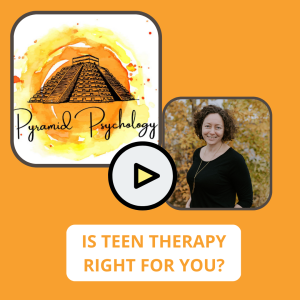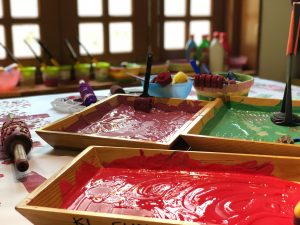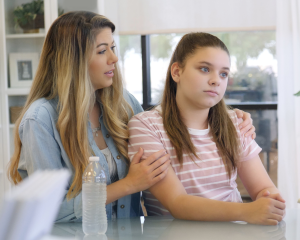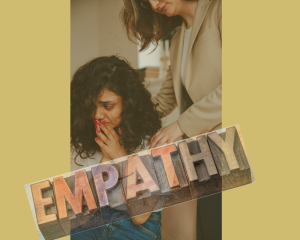What to Say to Support a Struggling Teen Girl
What to Say to Support a Struggling Teen Girl

What to say when your teen daughter is struggling? You’ve probably heard the phrase “this too shall pass” before. Maybe someone said it to comfort you once during a tough moment, or maybe you’ve seen it written somewhere and thought, “Yeah, but it doesn’t feel like it right now.”
When you’re daughter is in the middle of something painful, overwhelming, or uncomfortable, those words can feel distant or even dismissive. But what if she knew something powerful: she already lives this truth every single day.
There’s a quiet strength in realizing that life is always changing and moving—like river water rushing over rocks. We are all part of that river, capable of riding its currents even when they feel strong.
Finding Peace in the Chaos.
Supporting Your Teen Through Intense Emotions- Self-Harm Guide For Parents CLICK HERE FOR DETAILS <<<
Think about the everyday moments that support the truth that “this too shall pass”:
- The end of sleep becomes the beginning of wakefulness.
- The end of a fast is the beginning of eating.
- The end of an inhale is the beginning of an exhale.
- The end of one thought makes room for silence, and that silence becomes space for another thought.
Your teen is constantly transitioning from one thing to another. These shifts are happening often without even realizing. They can show her that change isn’t something to be feared—it’s something she are already doing. Over and over again. Each day.
So when she’s feeling stuck in a moment—maybe anxiety feels too loud, or sadness feels heavy, or stress has taken over—remind her: this too shall pass. Not in a way that rushes her to feel better, but in a way that lets her breathe and remember her strength. Emotions, like current, ebb and flow. Nothing stays forever, even the hardest moments.
If she’s in it right now and it feels like it won’t end- what to say when your teen daughter is struggling?
Here’s an invitation to share:
First, look at your day so far. Then, think what are 3 endings that have led to new beginnings? (Here are some ideas to get things going!)
- The end of your alarm marked the start of your morning.
- The end of a dream brought you back to waking life.
- The end of brushing your teeth led to your first smile.
- The end of hesitation turned into a small brave act.
- The end of a class gave you space to breathe.
- The end of scrolling turned into presence.
- The end of a sigh made way for calm.
- The end of silence began a conversation.
- The end of frustration opened the door to understanding.
- The end of one step moved you closer to where you’re going.
You are far more resilient than you realize. The chaos may swirl around you, but there’s a steady truth underneath it all: change is constant, and you are capable of flowing with it.
When it feels like too much, anchor into this knowing. Just like the river over rocks—you will move through.
You’ve got this.
With gratitude and love,
Chantal
Registered Psychologist & Teen Life Coach
Founder of Pyramid Psychology and The Happiness Path Group For Teen Girls


 From Self-Doubt to Self-Discovery: The Happiness Path (THP) Transformation for Teenage Girls
From Self-Doubt to Self-Discovery: The Happiness Path (THP) Transformation for Teenage Girls
 From Feeling Alone to Connected: Finding Your Way out of Loneliness
From Feeling Alone to Connected: Finding Your Way out of Loneliness
 Looking Beyond Self-Doubt: Helping Your Teen Find Her Brave
Looking Beyond Self-Doubt: Helping Your Teen Find Her Brave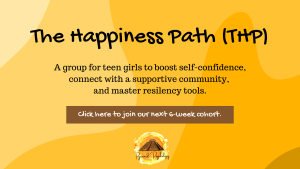



 About Kari
About Kari





